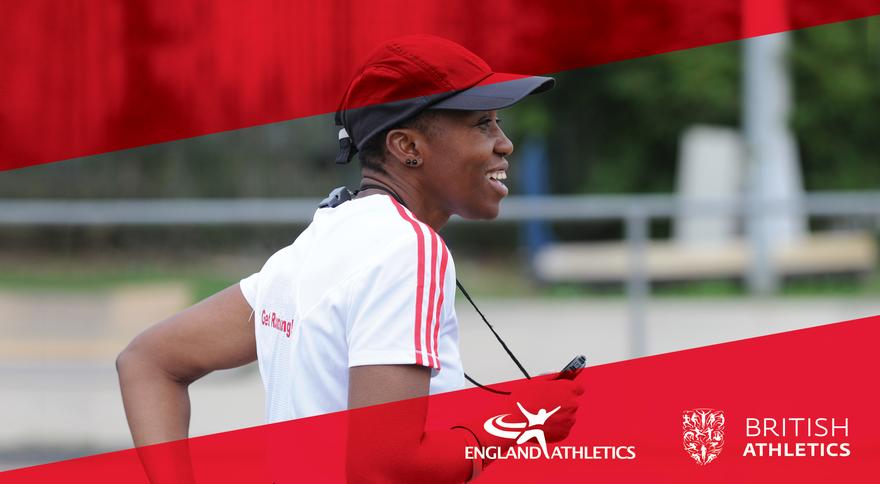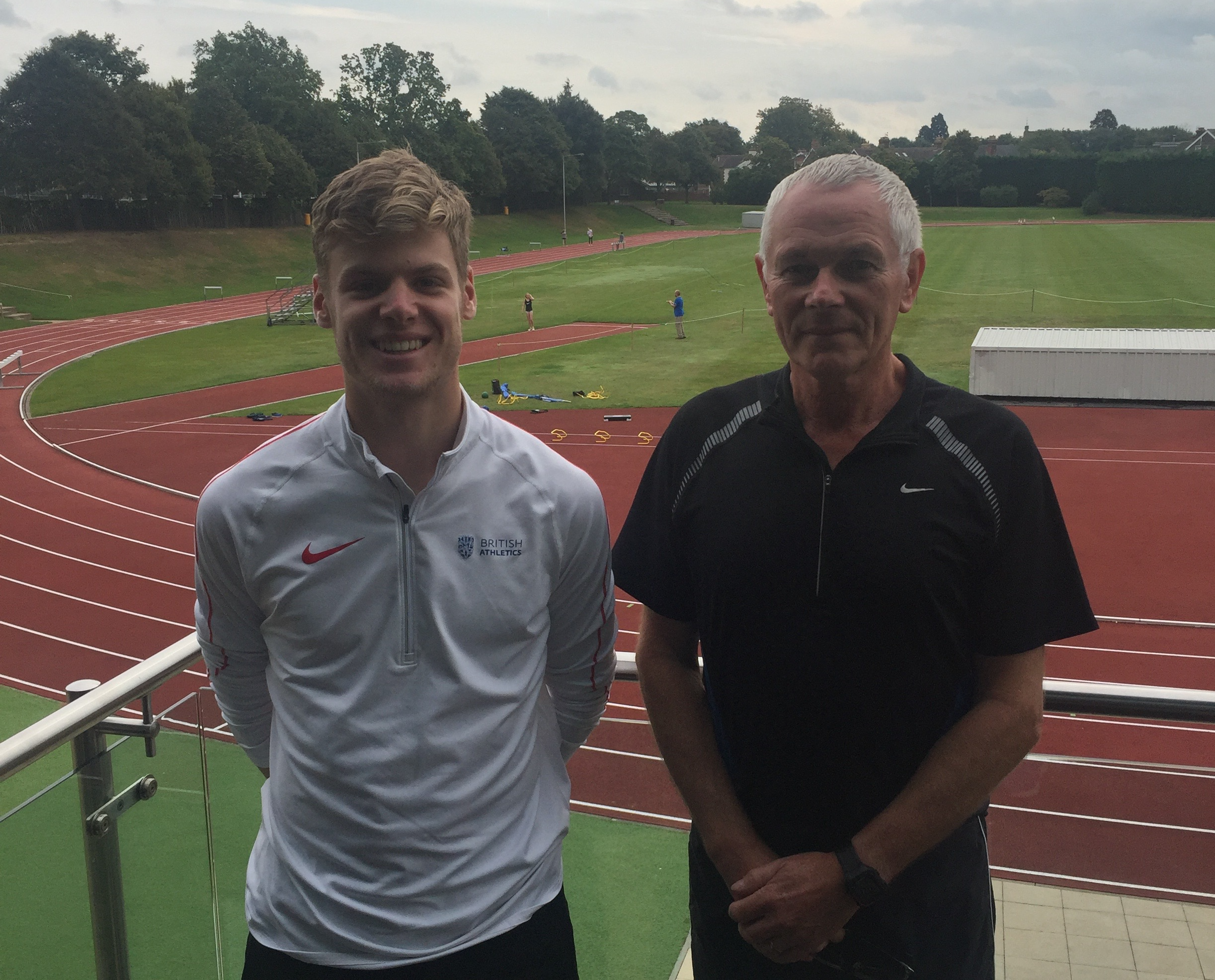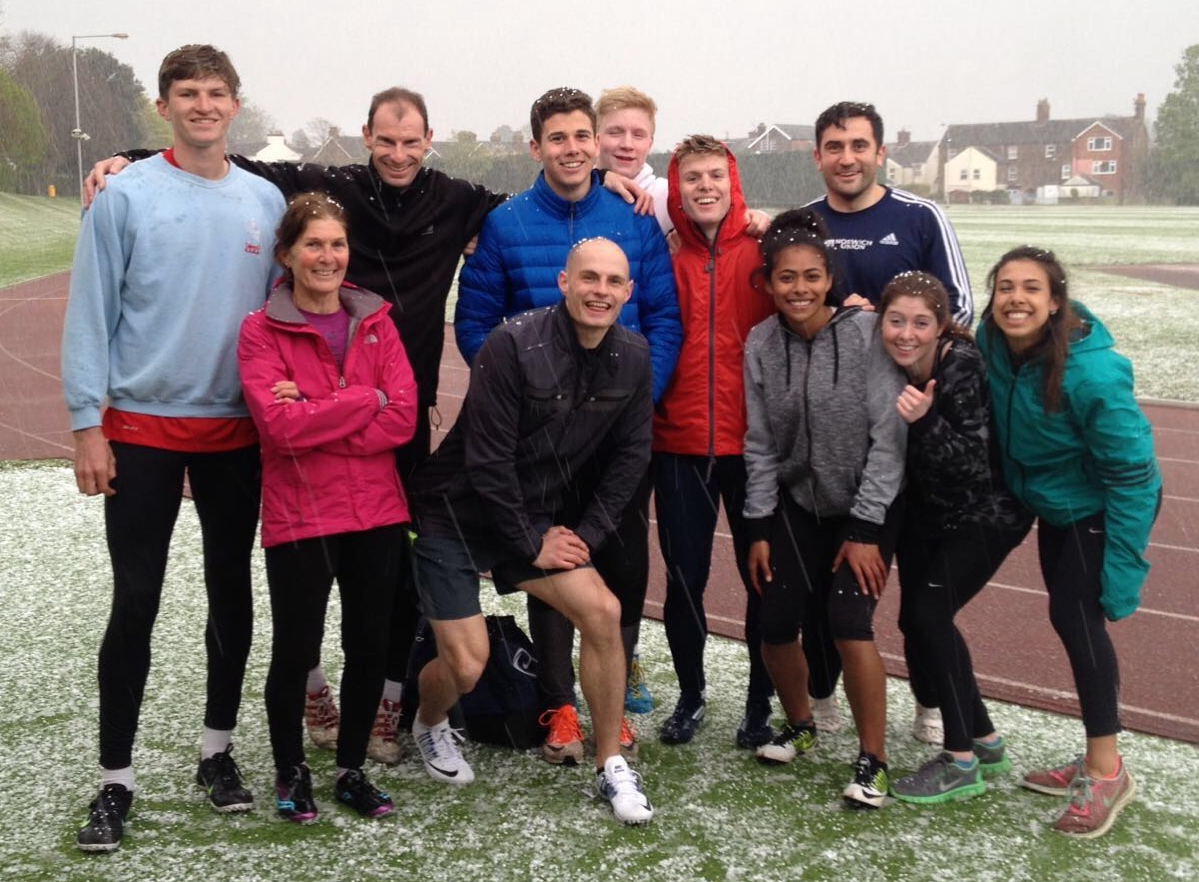The Benefits of Becoming a Club Volunteer

Have you ever stopped to consider the amount of time you spend at your child’s training venue and wondered whether that time could be used more productively? Well, it turns out there is something that you just might want to consider…
The workforce required to make any sport's training sessions happen is almost exclusively made up of volunteers. With the natural coming and going of parent volunteers as young athletes leave the sport or move away, clubs are always appreciative of new willing-to-help faces, be that with coaching, officiating, or just generally lending a hand at sessions and events.
Note: For most sports, helping out generally requires no previous experience.
Becoming a coaching assistant, coach, or official has never been easier, as most governing bodies now offer regular courses throughout the year, with many clubs contributing towards course costs. For example, in athletics, England Athletic's "Leading Athletics" online qualification is "perfect for parents who want to take their first steps into volunteering and leading"; it only costs £20 and consists of 2x1.5-hour online workshops with other like-minded people.
Your Own Benefits
Not only does volunteering help out your club, but it could also help you. Here are just some of the benefits :
-
A feeling of giving back.
-
A valuable insight into the intricacies of the sport.
-
A feeling of belonging and being part of a team.
-
A sense of accomplishment.
-
A feeling of being valued.
-
Confidence-boosting experiences.
-
People skills.
-
Other skills that can be transferable to other areas of life. e.g. time management.

Joe and his coach David Hull at Tonbridge Athletics Club.
My Story
With the exception of Christmas and the odd week away, every Tuesday and Thursday evening and many Sunday mornings were spent at the athletics track. It had become the new normal.
Initially, I sat on my own on the grass bank, passively watching, but soon got talked into joining a group of other mums who would retreat to the really rather comfortable on-site café that our club was fortunate to have use of. Although I enjoyed the usually hilarious café conversations, I became very aware that I was seeing none of Joe’s training sessions and was relying on him to tell me about improvements, difficulties, and other session-related stuff in the car on the way home. I realised, too, that I was really missing out on something that I personally and genuinely enjoyed: watching my child do what he loved doing and the training process itself.
At this point, I overheard someone talking about coaching/officiating courses that we ‘mere mortal’ parents could sign up for on the England Athletics website and decided to investigate. Before I knew it, I had signed up for the initial coaching course to be held a few weeks later… the journey had begun!
This course provided an introduction for parents who just wanted to help out, covering basic organisational and people skills. Although it provided only very limited technical information, it did ignite the spark, and before I knew it, I’d signed up for the next course, that of coaching assistant. By now, I had started to take a far more detailed interest in everything about the training process and the technical aspects, and I was also becoming increasingly interested in the psychology side of sports.

Our amazing training group featured 7 international athletes across various sports and ages.
Thinking back, I was very lucky that Joe’s training group was an established high-level group comprising numerous athletes who had already represented England and GB - we even had a GB bobsleigh athlete! Motivation in this small group of 10 or so athletes was sky-high, and it was a privilege for me to be involved in my own small way.
My role was stopwatch operator, hurdle-put-away-er, general motivator, counsellor, and surrogate mum! I loved it, though. At the time, if I’m brutally honest, it was also a personal lifesaver… I was going through a very dark time mentally, and the routine that training provided and, importantly, the sense of belonging, purpose, and usefulness were crucial for me surviving those years.
Fast-forwarding this story, doing that initial coaching course and the newfound interest in the psychological aspects of sports ultimately resulted in me returning to university at 55 to study sports and exercise psychology when Joe left home to start his own university life. Who’d have thought an England Athletics coaching course could have led to a complete career change?!
If you want to become more involved in your own club, ask about volunteering. There will always be something you can do to help. If you'd like to know more about coaching courses, ask a coach or visit your governing body's website for further information on how to get started.

Sunset at Tonbridge AC, where I spent many a cold, rainy but rewarding night!
To go the extra mile to help your child achieve their sporting dreams, check out our
Ultimate Guide To Athlete Parenting
Featuring expert advice and elite athlete insights on nutrition, sleep, psychology, and much more.
VIEW FREE CONTENT BUNDLE or BUY NOW.


0 comments
Leave a comment
Please log in or register to post a comment